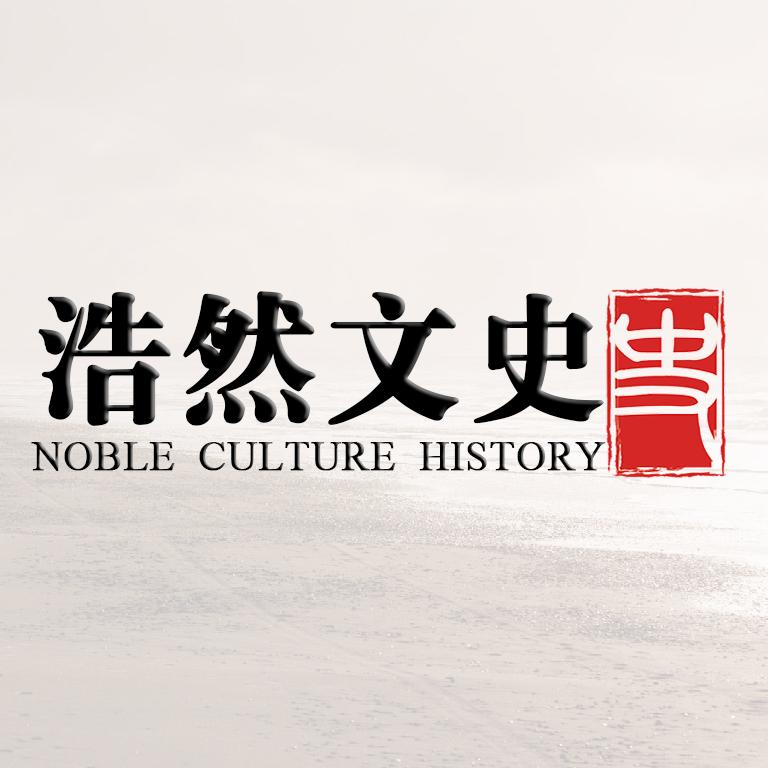How was Beiyang Group formed in history, only by the Beiyang Army of the Qing government?
Original literature and history Jun Haoran literature and history
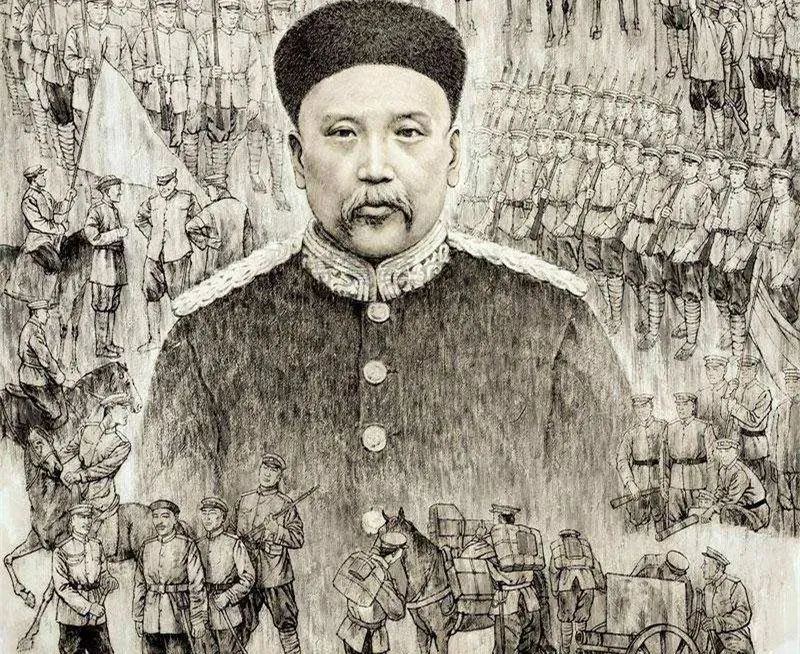
Yuan Shikai and Beiyang Army
Beiyang Warlords Group once played an important role in the history of China, which made old China poorer and more backward, so that the dark rule of Beiyang Warlords was often described in history textbooks. As a big faction, Beiyang warlord’s important pillar is Beiyang Army. If you can master the Beiyang army, you can do evil. This is absolutely wrong. The evidence is that Yuan Shikai was still deprived of his official position and returned to his hometown during the period of Regent Zai Feng. How did Yuan Shikai recapture and dominate China?
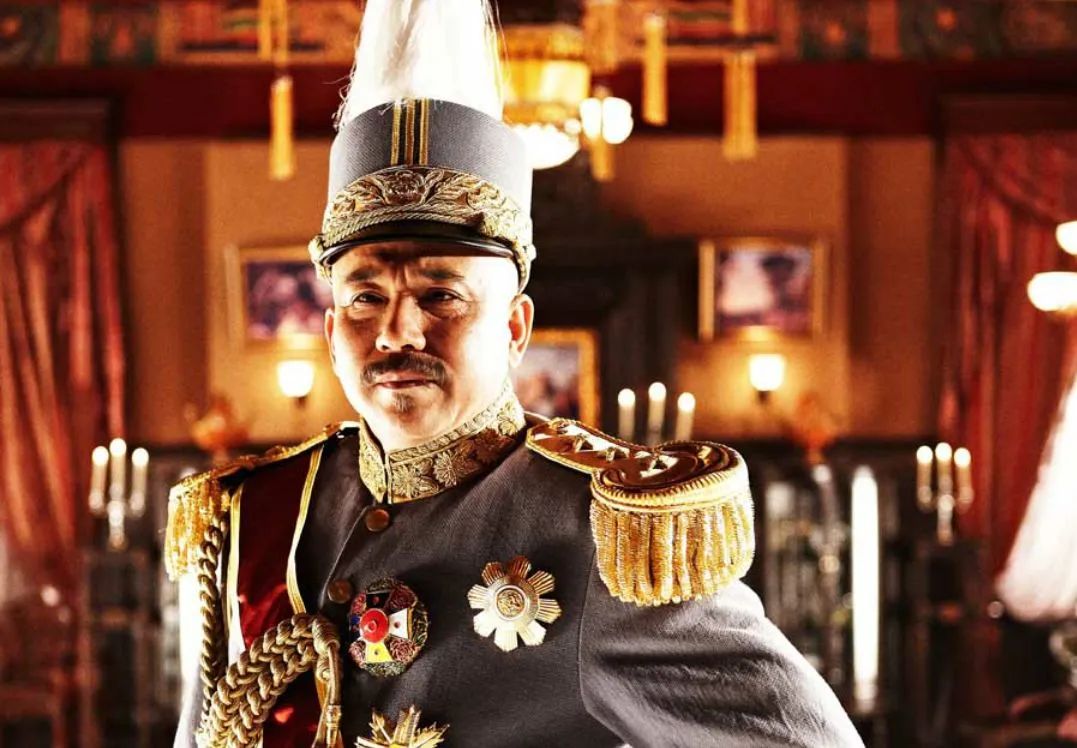
Yuan Shikai stills
First, the establishment background of Beiyang Army
On November 7, 1901, Yuan Shikai was promoted to the position of Governor of Zhili and Minister of Beiyang, who was in charge of military and diplomatic affairs in North China and was stationed in Baoding. It was after Eight-Nation Alliance invaded China that the Eight-Power Army defeated four-fifths of the forces of the Central Army (Wu Weijun) of the Qing government at that time. Yuan Shikai became the minister of Beiyang, only army of one, and his men only had the remnants of Wu Weijun brought from Shandong. These troops not only had to maintain public order in the capital and other areas of Gyeonggi, but also protected the imperial city, and their troops were stretched.
After the "Xin Chou Treaty", the national humiliation and military failure made the focus of the ruling and opposition parties focus on improving the military level. In 1907, the governor of Zhejiang Province, Yun Zuyi, said: "China’s defense of the camp is insufficient, and it is not enough to humiliate the outside world." I am foolish to think that if I don’t change this for a long time, I am afraid that internal troubles will not be easy. " (Guangxu Chaodong Hualu). Yun Zuyi’s memorial was valued by the Qing government. In July, the Qing government issued an imperial edict, emphasizing the importance of compiling and training new troops. Yuan Shikai took the opportunity to respond and built a "standing army" in Baoding from 1902 to 1904 based on the remnants of the Wu Weijun.
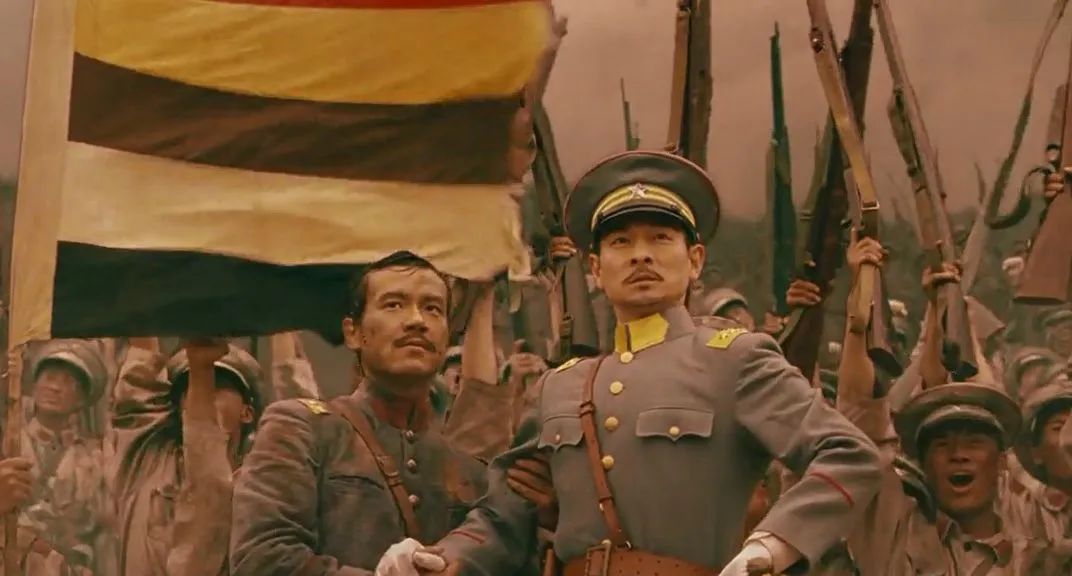
Beiyang army in film and television dramas
Second, the organizational system of Beiyang Army
On June 21, 1902, Yuan Shikai proposed to create a new organization to manage military training under the pretext that "common affairs are numerous and complicated, and it is difficult to concentrate on military affairs at the same time". This organization is the "Military and Political Department". The Military and Political Department is the military and political base camp of Beiyang Army established by Yuan Shikai in Baoding. The Military and Political Department consists of the Military Reserve Department, the Staff Department and the Coach Department, and consists of units (that is, the first-level units). Yuan Shikai arranged for his cronies to monopolize the important positions of the military and political department, with Yuan Shikai as the chief of the military and political department, Liu Yongqing, Duan Qirui and Feng Guozhang as the three general offices, and Liu Yongqing, the general office of the Military Reserve Department, was later replaced by Wang Shizhen. At this time, the main personnel of the military and political department were Yuan Shikai’s old subordinates since he trained in a small station. They formed a cohesion based on common interests in long-term cooperation, so the core of Beiyang Warlords Group was basically formed.
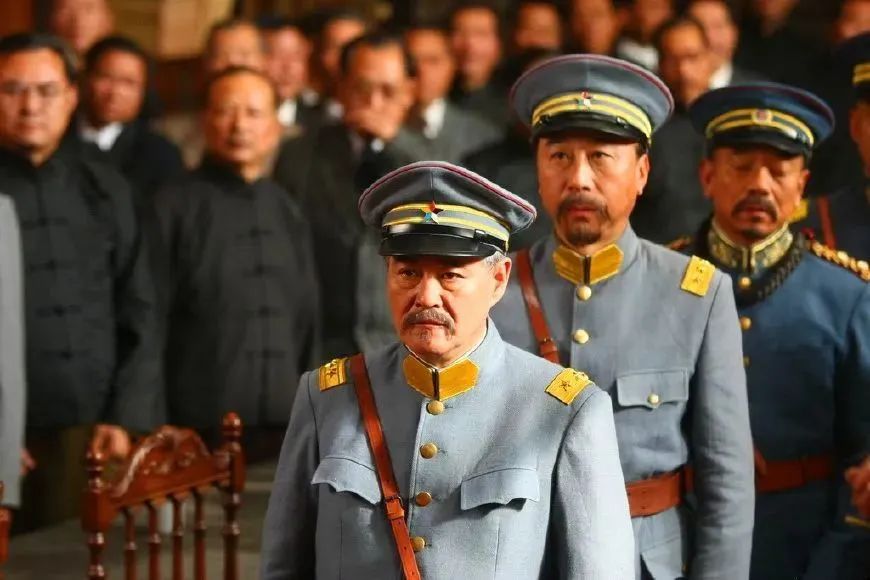
Zhao Benshan plays Duan Qirui.
Beiyang Army was commanded by Beiyang Minister Yuan Shikai, so it was called "Beiyang Standing Army". In the organizational system of the army, it is divided into two towns, and the two towns are one army. There are 2 infantry associations in each town, with 2 bids for each association, 3 battalions for each bid and 4 teams for each battalion; Each town has another horse and artillery corps with 1 bid each, each bid has 3 battalions, each battalion has 4 horses and 3 artillery teams; There is another battalion of engineers in each town, which governs 4 teams; Battalion 1 of the trench battalion governs 4 teams. Step, artillery, and workers have 3 rows in each team and 3 sheds in each row. Horses and bridles are arranged in 2 rows, with 2 sheds in each row. There are 14 soldiers in each shed. In short, there are 748 documents in the town, 10,436 soldiers and 1,328 servants, totaling 12,512 (General Examination of Continuing Documents in Qing Dynasty). It can be seen that the military system is completely learned from the west, which proves the determination of the Qing government to innovate.
The right town of Beiyang Army was the earliest Beiyang Standing Army, that is, the first town of Beiyang Army. Later, Yuan Shikai gradually expanded his army and compiled six towns of Beiyang Army. In the process of compiling and training Beiyang Army, Yuan Shikai not only relied on the political status of Zhili governor, but also actively used the gun in his hand and became a decisive force in the Qing court. In 1903, a training center was established in Beijing. At that time, the central princes did not dare to ignore Yuan Shikai, and Yuan Shikai was able to rank among the ministers of the conference office, further strengthening his actual power. In 1907, Xu Shichang, Yuan Shikai’s good friend, became the governor of the three northeastern provinces. Yuan Shikai transferred the third town of Beiyang to the three northeastern provinces with Xu Shichang, and the forces of Beiyang Army went deep into the northeast, thus the Beiyang Army developed a faction of Fengxi.
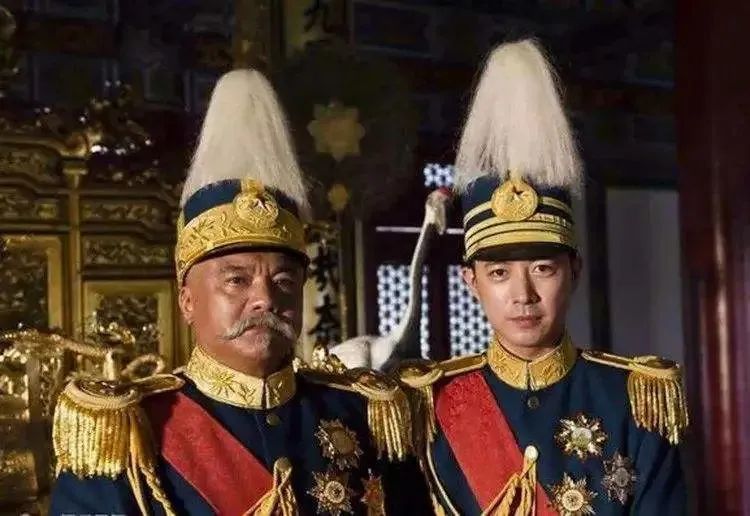
Yuan Shikai
Third, the formation of Beiyang political group
In October 1908, Emperor Guangxu and Cixi passed away one after another. Puyi ascended the throne, and Zai Feng, Puyi’s biological father and brother of Emperor Guangxu, served as the Regent. Yuan Shikai betrayed Emperor Guangxu in the Reform Movement of 1898, and Zai Feng hated Yuan Shikai very much. Because Zhang Zhidong and Yi Kuang were worried that killing Yuan Shikai would cause army mutiny, Zai Feng finally put Yuan Shikai back to his original place.
On October 10th, 1911, Wuchang Uprising broke out, which greatly shocked the Qing Dynasty. Zai Feng, the Regent, immediately sent the Beiyang Army to suppress it, but the Beiyang Army did not listen to the command and lingered in Xinyang and Xiaogan. Wuchang’s front line was defeated one after another, and the provinces declared independence one after another, which made the Qing government very afraid of the revolutionary party. The Qing government then ordered Yuan Shikai to return to Beijing, but Yuan Shikai pretended to be a gesture and refused to carry it out. After many persuasion, Yuan Shikai finally put forward six conditions: founding the National Assembly next year, organizing a responsible cabinet, tolerating people involved in the incident, lifting the party ban, commanding the army with full power, and adequate military spending. It seems that Yuan Shikai is a democrat. In fact, only the last two items are what Yuan Shikai needs. The first four items are just a cover-up, and the last two items are the capital for bargaining with the Qing government. Yuan Shikai’s purpose is to combine military, political and financial affairs, but the Qing government can only agree to it when it knows that there is fraud.
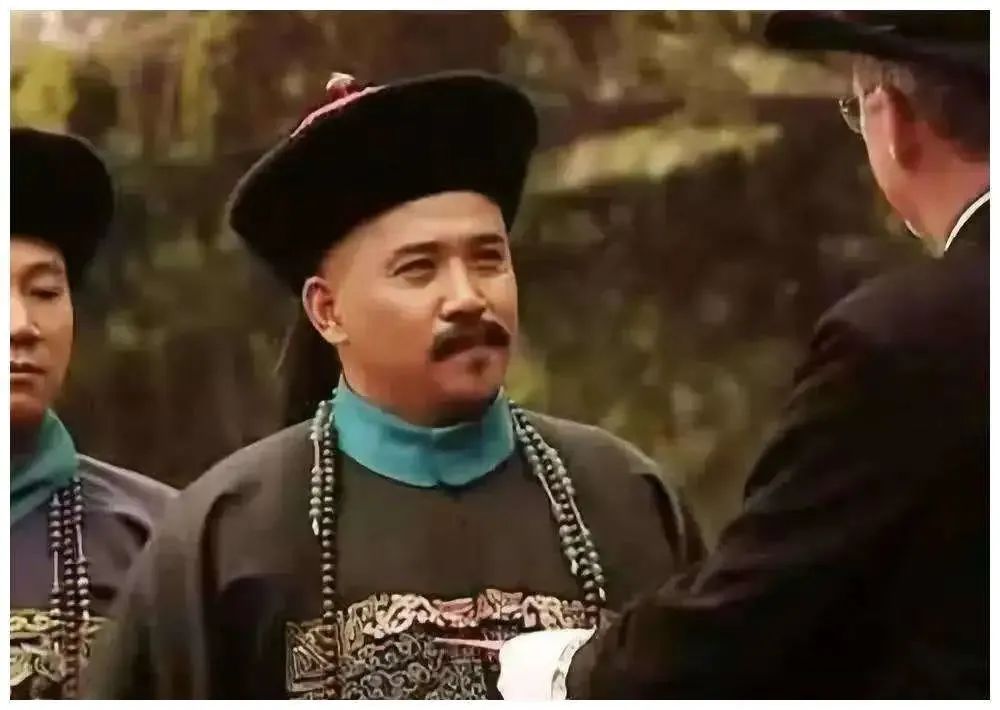
Yuan Shikai
Peace between the North and the South is a turning point in the complete expansion of Yuan Shikai’s power. Yuan Shikai came out of the mountain to suppress the revolutionary party, and the effect was obvious: "The people’s army lost Guishan and Hanyang could not support it, so the important town returned to the court" ("The History of Li Chun"). However, Yuan Shikai saw that the uprising was quite sweeping, so he fought and pulled the revolutionary party, but delayed and did not carry out the orders of the Qing government. In the end, Yuan Shikai defrauded the Qing government of more power, for example, Zai Feng, the regent, was not allowed to participate in politics, and Feng Guozhang, Yuan’s confidant, took control of the Gyeonggi Army. Yuan Shikai, who is in power, can finally make political speculation aboveboard. On December 7, 1911, he began to negotiate peace between the North and the South. On February 12, 1912, the Qing emperor abdicated. On February 13, Yuan Shikai was electrified to approve of the Republic. On February 15, Yuan Shikai changed from the prime minister of the Qing Dynasty to the president of the Republic of China. Thus, "the political and military group of Beiyang warlords, which is marked by fully grasping the political and military power of the central government, was formed." (History of Northern Warlords)
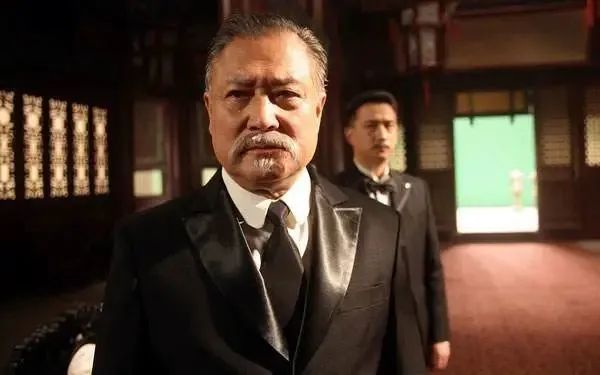
Yuan Shikai
Fourth, the reasons for the formation of Beiyang Group
First of all, the Beiyang Army came into being as a substitute for the old army. The practice of war has proved that the old army can’t bear the responsibility of modern war. Needless to say, green camp, the Eight Banners, even the Hunan-Huai Army, which started with the Taiping Army, could not resist the attack of foreign powers. As Li Hongzhang’s hard-working family, Huai Army was cared for by Li Hongzhang from beginning to end, and its equipment was the best in the country at that time. Although the Huai army is equipped with modern weapons, it still has all the characteristics of a set of soldiers in the feudal dynasty. Therefore, during the Sino-Japanese War, the Huai army was overwhelmed. As a political power, the Qing government must need an armed force to maintain its rule. Therefore, in the imperial edict of the Qing government, it is said: "Later, our monarch and his subjects went up and down to study the two major strengths of training and raising salaries in order to achieve self-improvement" (Guangxu Chaodong Hualu), which shows that this is the initial reason for the formation of Beiyang Group.
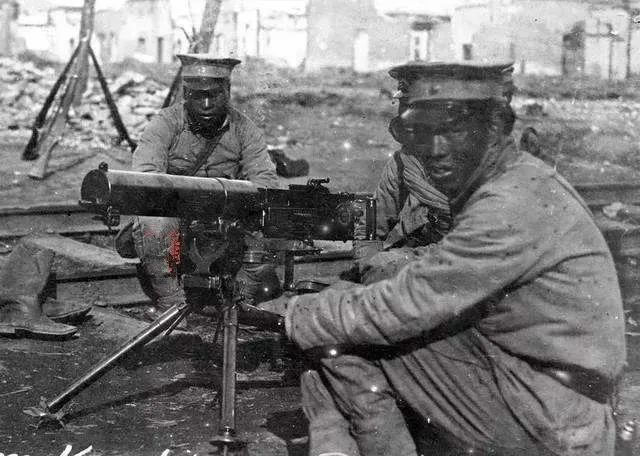
The army in the Republic of China
Beiyang Army originally appeared as the armed force of the Qing government, but because of the influence of Yuan Shikai’s personal role, Beiyang Army was gradually privatized by Yuan Shikai. Privatization is not only reflected in the fact that the senior official position of Beiyang Army is controlled and monopolized by Yuan Shikai’s cronies, but also in his hypocrisy towards Beiyang Army. Beiyang Army was trained by the Qing government, and the salaries, weapons and equipment were all treasury money. However, Yuan Shikai appeared in front of the army as the spokesman of the Qing government. On the one hand, he represented the Qing government, but more on his own behalf. Yuan Shikai personally gave the soldiers the money paid by the Qing government treasury, and never defaulted, so that every camp of the army had Yuan Shikai’s immortal tablet, and the soldiers only knew Yuan Shikai, not only the Qing government. In this way, Yuan Shikai bought his own favor by using the state’s money.
The influence of the great powers was an indispensable factor in all aspects of modern China’s reform. Undoubtedly, the foreign powers’ policy of controlling China with China is also the reason for the formation of Beiyang Group. Among the imperialist spokesmen, Yuan Shikai undoubtedly has his own advantages. At that time, the Boxer Rebellion killed foreigners in North China. Only Yuan Shikai, as the governor of Shandong Province, not only failed to let unrest break out under his rule, but also actively protected foreigners. Galeries Lafayette declared war on the Eight Countries. Yuan Shikai’s Shandong Province not only failed to stop the eight countries’ troops, but Yuan Shikai joined the "Southeast Mutual Insurance" and sat and watched foreigners capture the capital. Therefore, Yuan Shikai left a good impression on the great powers, which is why the great powers chose Yuan Shikai.
Wen Shijun said:
In a word, there are many reasons for the formation of Beiyang Group, including the collapse of the old system and the failure to establish the new system; There are also private factors such as Yuan Shikai’s speculative politics. When Yuan Shikai was alive, the Beiyang government could barely maintain the country. However, Yuan Shikai was not satisfied with his personal ambition, and he insisted on being the emperor in the internal affairs, and the foreign powers were pressing hard step by step. Yuan Shikai could only compromise and seek perfection. In the end, the "Hongxian monarchy" was a farce, and Yuan Shikai was rebellious and alienated, and he died of depression.
references
1. Coming to the New Summer, History of Northern Warlords, Oriental Publishing Center, 2010.
2. Zhang Bin, "Yuan Shikai and Political Research in the Late Qing Dynasty", master’s thesis of Qingdao University in 2018.
3. Zhang Huateng, "Several Issues in the Study of Beiyang History" Social Science Series 2015
(Author: Haoran literature and history Purple Orange)
The pictures used in this article are all from online search unless otherwise specified. If there is any infringement, please contact the author to delete them. Thank you!
